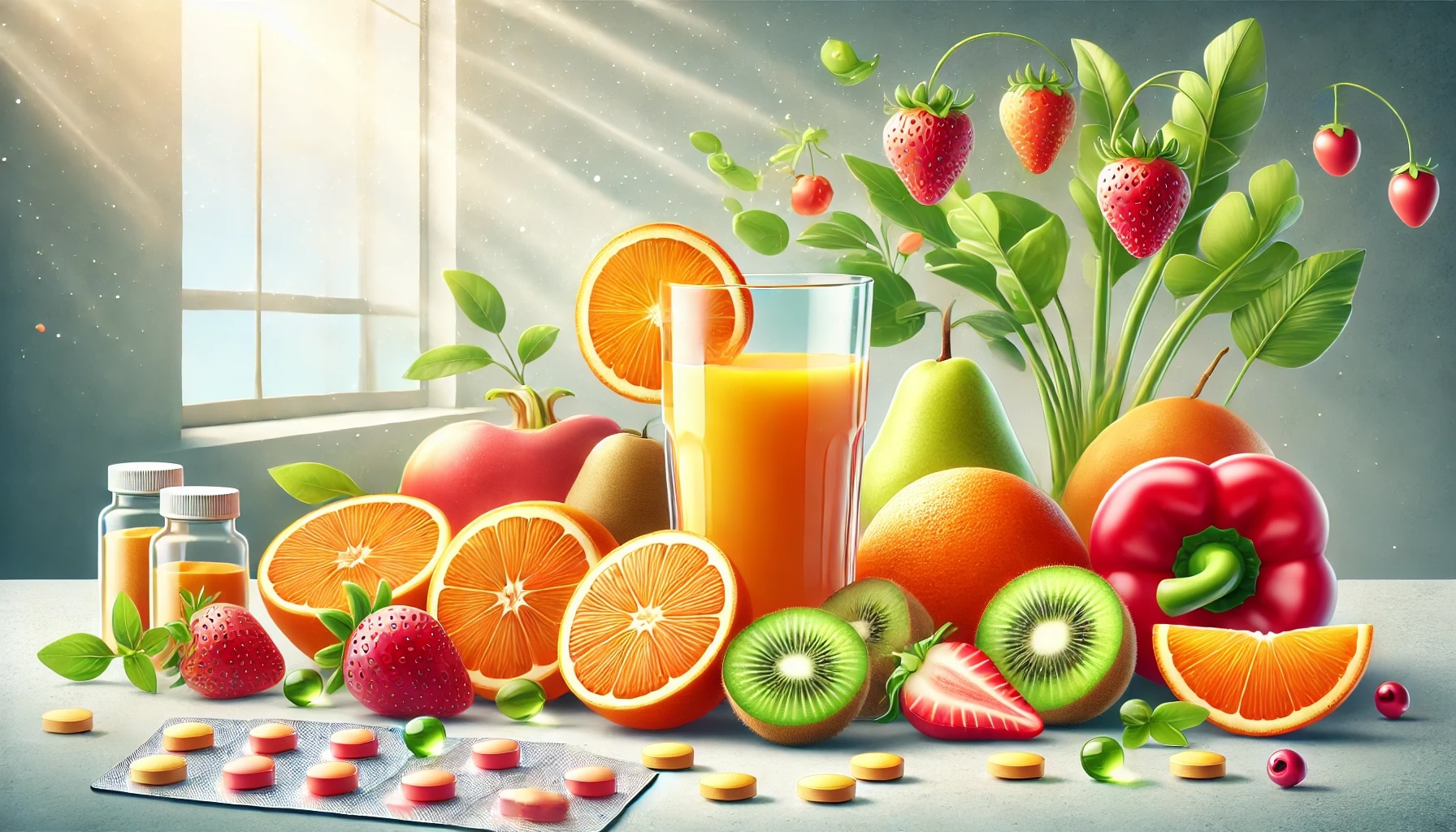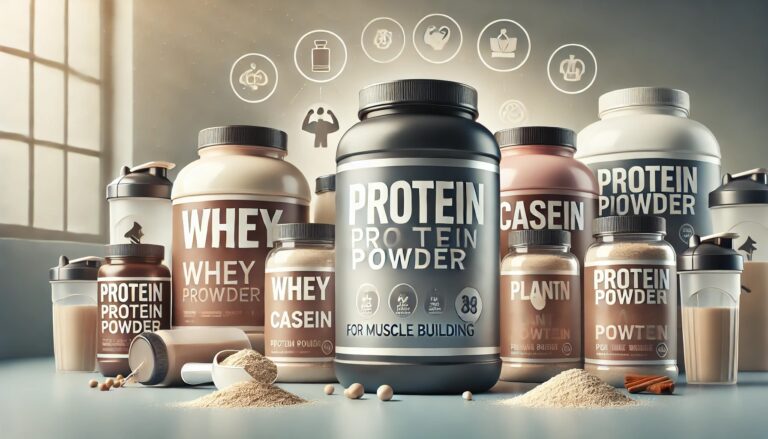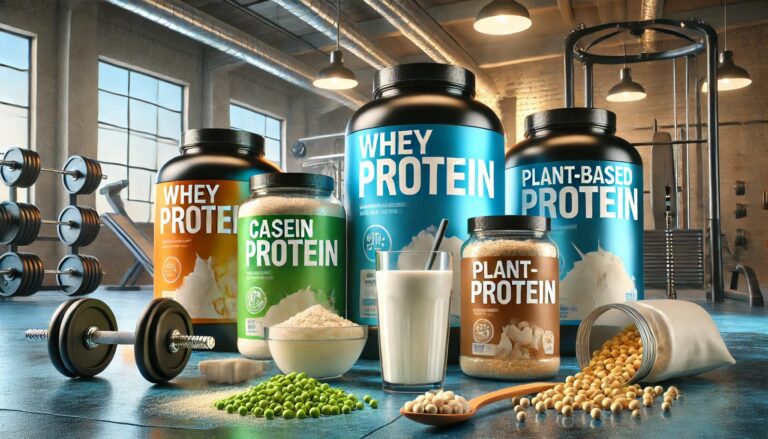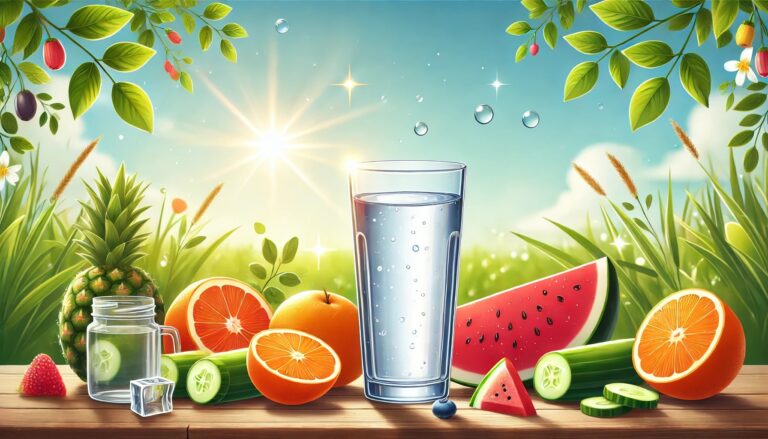Vitamin C, also known as ascorbic acid, is an essential water-soluble vitamin that the body cannot produce on its own. Renowned for its powerful antioxidant properties and its role in supporting the immune system, vitamin C is also vital for collagen production, wound healing, and iron absorption. But when it comes to consuming vitamin C, which option is better: juice, tablets, or natural foods? In this article, we explore the pros and cons of these three methods to help you choose the most suitable way to meet your vitamin C needs.
The Role and Importance of Vitamin C
Vitamin C must be obtained through diet or supplements, as the body cannot synthesize it. Its key functions include:
• Antioxidant Properties: Neutralizing free radicals and reducing oxidative stress on cells.
• Immune Support: Enhancing white blood cell function to combat infections.
• Collagen Production: Maintaining healthy skin, joints, and blood vessels.
• Iron Absorption: Improving the absorption of non-heme iron from plant-based sources.
Ensuring adequate daily intake of vitamin C is crucial for maintaining good health, making the choice of consumption method essential.
Juice: Convenient but Controversial
Advantages
1. Easy to Digest: Vitamin C in juice form is absorbed quickly, making it ideal for those who need rapid replenishment.
2. Flavorful: Juices like orange or lemon juice are widely enjoyed and suitable for all age groups.
3. Portable: Juice is convenient for on-the-go consumption.
Disadvantages
1. High Sugar Content: Many juices contain high levels of natural or added sugars, which can cause blood sugar fluctuations and contribute to excessive calorie intake.
2. Fiber Deficiency: Juice often lacks the dietary fiber found in whole fruits, reducing its satiety and overall health benefits.
3. Processing Concerns: Store-bought juices may lose vitamin C content due to processing or extended storage times.
Tablets: Precise and Effective
Advantages
1. Controlled Dosage: Tablets typically provide a specific amount of vitamin C, making it easy to tailor intake to individual needs.
2. Long Shelf Life: Tablets are convenient to store and maintain their potency for longer periods.
3. Suitable for Specific Needs: Tablets are ideal for individuals with dietary restrictions or increased vitamin C requirements (e.g., pregnant women, smokers).
Disadvantages
1. Potential Side Effects: Excessive tablet consumption may cause stomach discomfort, diarrhea, or kidney stones.
2. Lack of Natural Nutrients: Tablets only provide isolated vitamin C and lack other beneficial compounds found in whole foods.
3. Additives: Some tablets contain preservatives or fillers, which may not be suitable for sensitive individuals.
Natural Foods: Complete and Healthy
Advantages
1. Nutritional Completeness: Natural foods such as citrus fruits, strawberries, kiwis, and red bell peppers not only contain vitamin C but also provide fiber, phytonutrients, and other vitamins.
2. Gradual Absorption: Vitamin C from natural foods is absorbed more evenly, reducing the risk of rapid excretion.
3. Low Health Risk: Consuming vitamin C from whole foods rarely causes side effects, even when consumed in larger amounts.
Disadvantages
1. Preparation Time: Compared to juice and tablets, natural foods require washing, cutting, or cooking.
2. Seasonal Availability: Some high-vitamin C fruits and vegetables may not be readily available year-round.
3. Uncertain Dosage: The exact vitamin C content varies by food, making it harder to precisely measure intake.
How to Choose the Right Method?
1. For Daily Maintenance:
If your goal is overall health maintenance, natural foods are the best choice as they provide comprehensive nutritional benefits.
2. For Quick Replenishment:
If you need to rapidly boost vitamin C levels (e.g., during the onset of a cold or after physical exertion), juice is a convenient option.
3. For Special Health Needs:
If you have dietary restrictions or increased vitamin C demands (e.g., smokers, pregnant women, or the elderly), tablets offer an effective and controlled supplement.
Combining Methods for Optimal Absorption
To ensure adequate vitamin C intake, you can combine all three methods:
• Prioritize natural foods in your daily diet.
• Use juice as a supplementary source during busy times.
• Take tablets under medical advice when facing specific health conditions.
Conclusion
Juice, tablets, and natural foods are all viable sources of vitamin C, each with unique advantages and applications. Choosing the right method depends on your health status, lifestyle, and nutritional needs. By thoughtfully incorporating these options, you can ensure sufficient vitamin C intake to support your overall health and vitality.



















